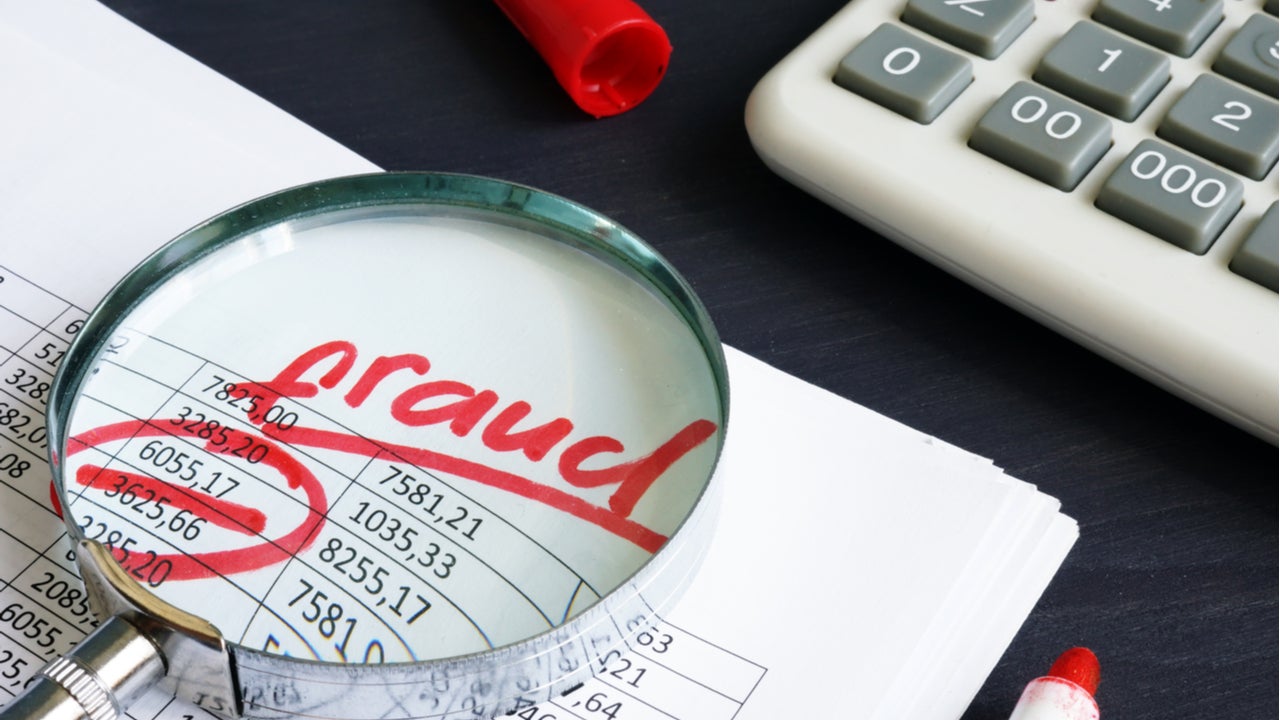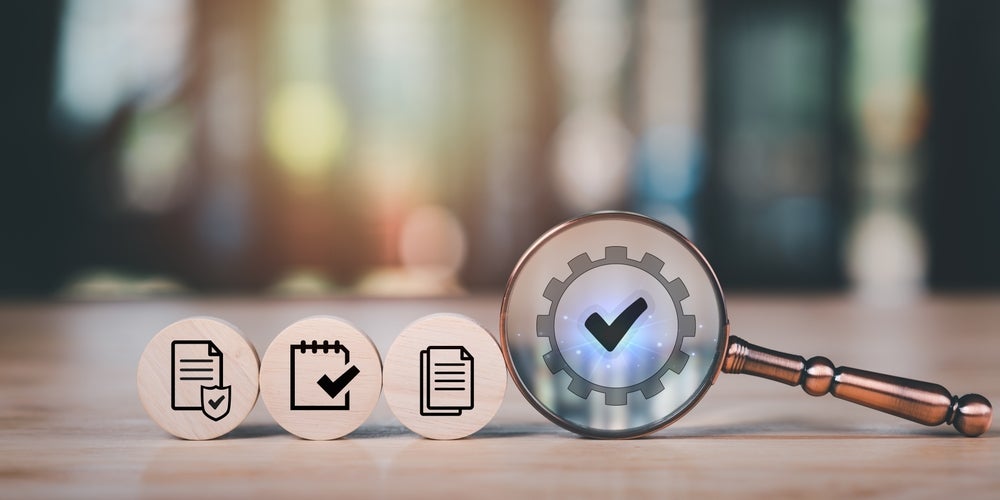
Pandemic Fuels Fraud Risk: Internal Audit Stepped Up
Kroll has issued a new report in collaboration with The Internal Audit Foundation (IAF) and The Institute of Internal Auditors (IIA). The report, Fraud and the Pandemic – Internal Audit Stepping Up to the Challenge, is based on a recent global survey and focus groups with internal auditors, discussing how the role of internal audit in fraud risk management has changed since the start of the pandemic.
This is the second report in Kroll’s fraud risk management series with the IAF/IIA. The first, Fraud Risk Management in Internal Audit, was based on a survey conducted in 2020, before the start of the pandemic.
The new report revealed that the past two years presented a perfect storm in terms of the likelihood of fraud occurring and going undetected. Changing work practices and a sudden move to remote working presented new opportunities for fraudsters and cybercriminals.
Organizations faced increased exposure to cyber, social engineering, and phishing attacks, as well as instances of impersonating senior management in order to embezzle funds. Over half (54%) of survey respondents noticed an increase in cyber and phishing fraud, while 40% have experienced an increase in fraud relating to asset misappropriation.
Anthony Pugliese, President and CEO of The IIA, said: “No aspects of business operations have been immune from pandemic disruption, and we wanted to see precisely how that disruption impacted organizations’ fraud risk management practices. As companies increase investments in new technologies, it’s clear that when the independent internal audit function is actively providing assurances of internal controls and risk management systems, the impact of fraud is reduced.”
As a result of the heightened fraud risks, 36% of survey respondents said they had devoted additional resources to internal controls, and 29% said they’d done that toward data analytics. Since the start of the pandemic, business leaders have required internal audit to take a more proactive and flexible continuous assurance approach. The most successful organizations were flexible enough to respond quickly to these circumstances by implementing changes that positioned them for future risk planning.
How well do you really know your competitors?
Access the most comprehensive Company Profiles on the market, powered by GlobalData. Save hours of research. Gain competitive edge.

Thank you!
Your download email will arrive shortly
Not ready to buy yet? Download a free sample
We are confident about the unique quality of our Company Profiles. However, we want you to make the most beneficial decision for your business, so we offer a free sample that you can download by submitting the below form
By GlobalDataMatthew Weitz, Associate Managing Director, Forensic Investigations and Intelligence, at Kroll, said: “We have seen the external, organized threat of fraud, for example through cyberattacks and social engineering, strengthen during the pandemic, with the internal threat becoming increasingly hard to identify and remediate. This has driven a rethink of the role of internal audit with many internal auditors stepping up to become more strategic advisors in the fight against fraud.”






